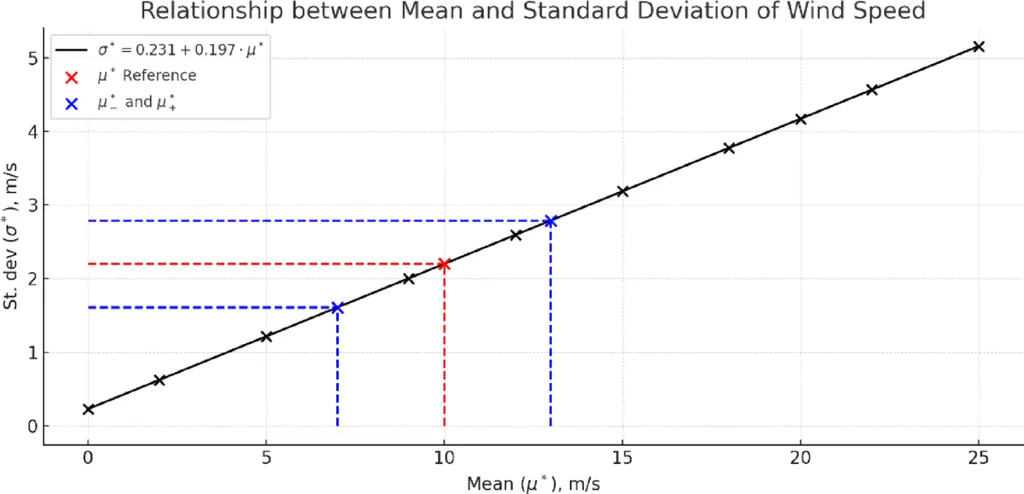In the rapidly evolving energy landscape, the integration of wind power and electric vehicles (EVs) presents both opportunities and challenges. A recent study published in the journal *Nature Scientific Reports* offers a promising solution to enhance power system reliability amid these uncertainties. Led by Hadi Pakbin from the Department of Electrical Engineering at Islamic Azad University, the research introduces an optimized demand response (DR) framework that could reshape how power grids manage variability and maintain resilience.
The study addresses a critical gap in current energy management strategies: the dynamic nature of wind energy and EV loads. “The growing integration of wind energy and electric vehicles introduces significant uncertainty and operational complexity to modern power systems,” Pakbin explains. His team developed a real-time uncertainty model that dynamically quantifies wind power fluctuations, allowing for hour-by-hour adjustments in DR incentives based on wind volatility, demand elasticity, and EV charging patterns.
What sets this framework apart is its integration of uncertainty-driven DR optimization with a probabilistic well-being assessment. This approach distinguishes between healthy, marginal, and risk states, enabling adaptive tuning of DR incentives in response to real-time wind fluctuations—a capability notably absent in existing literature. “This model provides a practical pathway to managing the variability of renewables without over-reliance on costly storage or backup generation,” Pakbin adds.
The framework was validated on the IEEE RTS-24 bus system under 12 different EV penetration and charging scenarios. The results are compelling: the proposed framework improved the system’s healthy state from 95.1% (no DR) and 97.2% (non-optimized DR) to 97.44%, reduced unsupplied energy from 52,230 to 51,900 MWh, and lowered DR incentive costs by 5.6%. These findings highlight the framework’s potential to enhance cost-efficiency and system resilience in renewable-rich, EV-integrated power grids.
The commercial implications of this research are substantial. As the energy sector increasingly turns to renewables and EVs, the ability to manage variability and uncertainty becomes paramount. Pakbin’s framework offers a scalable and adaptable solution that could reduce operational costs and improve grid reliability, benefiting utilities, consumers, and the environment alike.
Looking ahead, this research could shape future developments in demand response strategies, particularly in regions with high renewable penetration. By providing a data-driven, real-time approach to managing grid stability, the framework paves the way for more efficient and resilient energy systems. As the energy transition accelerates, innovations like this will be crucial in ensuring a stable and sustainable future for power grids worldwide.

